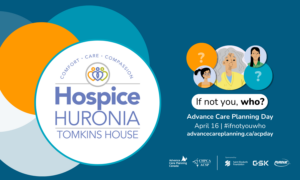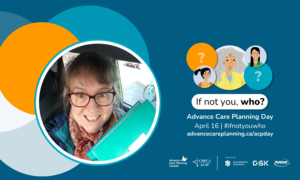The COVID-19 pandemic has shone a bright light on the importance of advance care planning, including the conversations that precede it, about the care that we’d want if we couldn’t speak for ourselves. But for some members of our population, it has also revealed extra challenges; this includes those faced by LGBTQ people when having these sensitive discussions. As a researcher and a gay man, I’ve witnessed multiple ways in which LGBTQ people are disadvantaged and stigmatized as they grow older and require more care.
Emerging research suggests that there are significant disparities in health care planning and decision making among ethnic, sexual and gender minorities. For example, we know that disproportionate numbers of LGTBQ persons reach later life without partners or children, the people who are mostly likely to provide support and to engage in conversations with about end-of-life preferences for care. Additionally, negative interactions with health professionals earlier in life (i.e., when homosexuality was considered a mental illness or crime) may make many older LGBTQ persons reluctant to seek care.
For those with family (and many older LGBT people are alienated from their family of origin), sensitive health information such as an HIV-positive status may not be shared knowledge. Over half the population of people living with HIV are 50 years of age or older—and the majority of those are gay or bisexual men. The HIV/AIDS epidemic has moved from dying from HIV to living with HIV to now aging with HIV. But many of those who are aging with HIV may never have told their family or friends about their condition, and worry about being stigmatized.
Others fear having to go back ‘in the closet’ as they enter assisted living or long-term care homes, fearful of backlash from other residents or staff. For transgender people, it may spur them to take further steps to ensure that they present as one specific gender or, distressingly, to “de-transition” so as to avoid the potential conflict they anticipate.
The fear of discrimination extends even to the family of sexual minorities. My own mother lived in long-term care and had a photo of my husband and I on her dresser. A nurse asked about the men in the photo and when she learned who we were, she expressed disgust and mentioned that she would pray for us, for our lost souls. Suddenly my mother no longer felt safe in the presence of that nurse, encountering the stigma by association, as the mother of a gay man.
The Diversity Access Team, part of the iCAN-ACP national study, is working to better understand these challenges for frail elderly LGBTQ and ethnic minority Canadians, with the goal of developing or adapting tools to meet their needs. But we also need to educate health care professionals to engage minority groups in respectful conversations; for example, not assuming that everyone is heterosexual or asking about their preferred pronouns — words matter.
Recent global events have underscored the need to end stigma and inequities for gender, sex and ethnic minorities. Let’s ensure that we provide the best health care possible for the frail elderly when they are most susceptible, with tools and thoughtful conversations to ensure that they get the care that they deserve and desire.
Brian de Vries is a Professor Emeritus, Gerontology at San Francisco State University and a co-Investigator on the Diversity Access Team for the iCAN-ACP study. The iCAN-ACP study is funded by the Canadian Frailty Network, supported by the Government of Canada through the Networks of Centres of Excellence (NCE) program.






